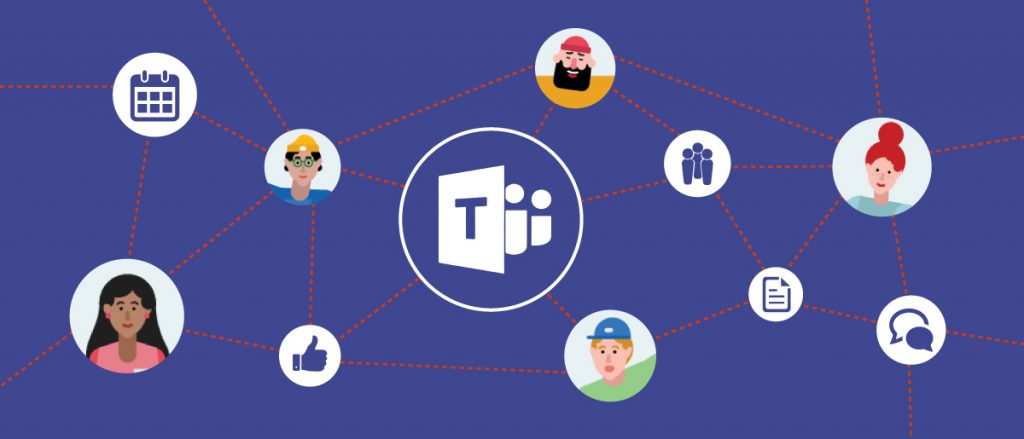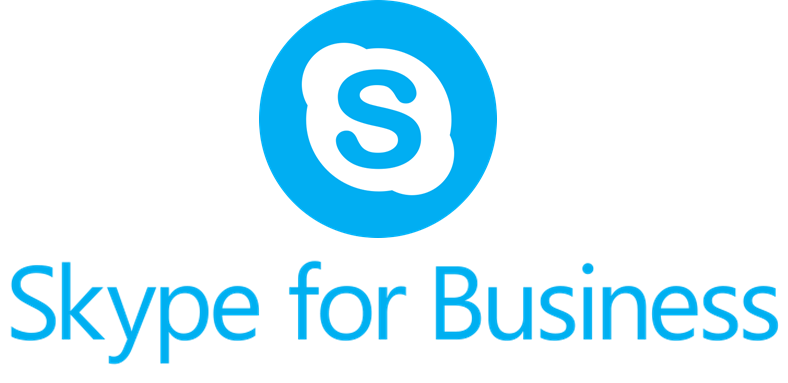Want to hear more from AvePoint and David Rosenthal on how to accomplish your agency’s mission using Teams? Register for our on demand webinar.
Want to catch up on other Ignite sessions? Check out the rest of our coverage below:
- #MSIgnite Keynote Recap: Satya Nadella on Tech Intensity
- #MSIgnite Session: Transform Your Workplace with Microsoft 365 Recap
- #MSIgnite Session: Jeff Teper on Content Collaboration in the Modern Workplace
- #MSIgnite Session: How to Become a Rockstar Public Speaker in 5 Steps
- #MSIgnite Session: How to Achieve 90% Microsoft Teams Adoption in Three Months
- #MSIgnite Session: Modern Teamwork with Microsoft 365
- #MSIgnite Session: How to Ensure Operational Governance for Microsoft Teams
At the fourth and final day of Microsoft Ignite, David Rosenthal, the senior program manager in Microsoft Teams engineering responsible for Teams in all government clouds, held a dynamic and open conversation for his Teams in the Government Cloud session.
After a few introduction and roadmap slides, David dispensed with the deck and opened the mics up to hear from the audience for the majority of the session and provided insights not only into what’s next, but also on issues the team is debating and seeking customer input with.

Two especially newsworthy insights were:
- The release of Teams in Government DoD appears imminent (a bit longer for GCC High). While David was very careful not to commit to any specific timelines throughout, it was mentioned that everything related to DoD was with DISA awaiting approval. GCC High is still underway in terms of Microsoft’s effort to make the product ready to go. Both are pushing forward, but there’s more left to do on the GCC front than with DoD.
- Microsoft is exploring allowing non-compliant 3rd Party Teams apps in the GCC. The idea would be to allow the government customer to choose. They would select an app and a warning would pop up verifying the administrator was aware the app was not compliant but chose to download it anyway. Note that while this would be Microsoft’s preference pending approval, nothing has been finalized just yet. David quickly polled the room to see if people would use this feature and download these apps if made available.
About 25% of the room raised their hand—a fairly surprising amount for a traditionally low-risk government audience. David then asked how many of those people’s bosses would let them download the apps and about 15% kept their hands raised.
Still, the session was also remarkable for the fact that many of the questions and discussion were around how fast the government could get their hands on some of the full functionality and innovation Teams brings to the table (rather than questions focusing on security and compliance).
This seems like a seismic shift in the government marketplace, with agencies now fully committed to the cloud and their users providing a ton of pressure to be provided with the most modern workplace and collaboration technology.

Teams GCC Roadmap
After a few Teams 101 slides and quickly demonstrating a few use cases for different public sector audiences such as tax accessors and law enforcement, the session quickly transitioned to the roadmap for Teams in the three government clouds:
- Government GCC: Teams is now live in this environment designed for government civilian agencies with low impact workloads. FedRamp Moderate, CJIS, IRS 1075, DISA Level 2.
- Government GCC High: Teams is hopefully coming soon to this environment designed for civilian agencies with higher impact workloads like the Department of Treasury. FedRamp High, ITAR and DFARS, DISA Level 4.
- Government DoD: Teams is also hopefully coming soon to this environment designed for the Department of Defense and physically separated from all other clouds. DISA level 5.
While Microsoft Teams is currently live in the GCC, it does not have the full features available to commercial users.
However, David did mention some exciting functionality currently being worked on at Microsoft to be made available in the GCC (for example, he announced that the Wiki tab was just made available the other day).

He also revealed that government users can expect features to be made available first to commercial users and then ported over to the GCC following compliance reviews. Even more excitingly, he provided a rough priority order that they were currently being worked on:
- Email notifications: These will arrive in your inbox when someone has mentioned or messaged you in a chat that you haven’t seen yet. The amount of time before it’s sent will be configurable.
- More apps: As previously mentioned, finding ways to bring more apps to Teams users in the GCC, including potentially letting admins choose to use non-compliant apps.
- Call meeting and recording: This is dependent on bringing Microsoft Stream to the GCC.
- Unified presence/interlop chat between Teams and Skype for Business: David separated these into two different categories, but I’m combining them here. Essentially, this is the ability to easily transition messages from Skype to Teams in order to help users with the adoption process. There was a strong audience response for this feature since many are currently thinking about their Skype to Teams transition plans.

Q&A and Other Insights
David spent a majority of his session fielding questions from and asking questions to the audience. There was a tremendous response with many in the room getting up to talk to David and one another. Again, it was remarkable that most of the questions focused on getting features more quickly rather than on the security and compliance process. Some of the big discussion items included:
- Warning Time and Off Switches For New Features: There was a large consensus that the government administrators in the room would appreciate a few weeks warning time and the ability to turn off features until they can properly inform their users and help desks when a new feature comes out. One current issue is the number of tickets that come in when a new feature appears.
- Establishing a Government Cloud Community: The audience was eager to continue the conversation and become better connected. David said he would follow up and try to establish a Microsoft Tech Community specifically for government clouds.
- When will Planner, Stream, or OneNote (tab feature) become available? There was a high interest from the audience in these features, particularly for Planner (which makes sense for government agencies that are managing multiple programs and initiatives). While David did not provide a timeline, he did assure the audience that these features were being actively worked on.
eBook: Transforming Citizen Services Through IT Modernization
Innovation Coming To the GCC
Overall, the session made clear that Microsoft is committed to bringing modern collaboration features and innovation to its government customers. As much as it’s clear that a good deal of positive change will be coming to how government employees work, it’s also clear that Microsoft is receptive to feedback and working with its government customers to align with their special needs.
Want to keep up with everything AvePoint has going on at Microsoft Ignite 2018? Check out our Ignite hub for session info, speaker bios, blog updates on tech announcements and more!






